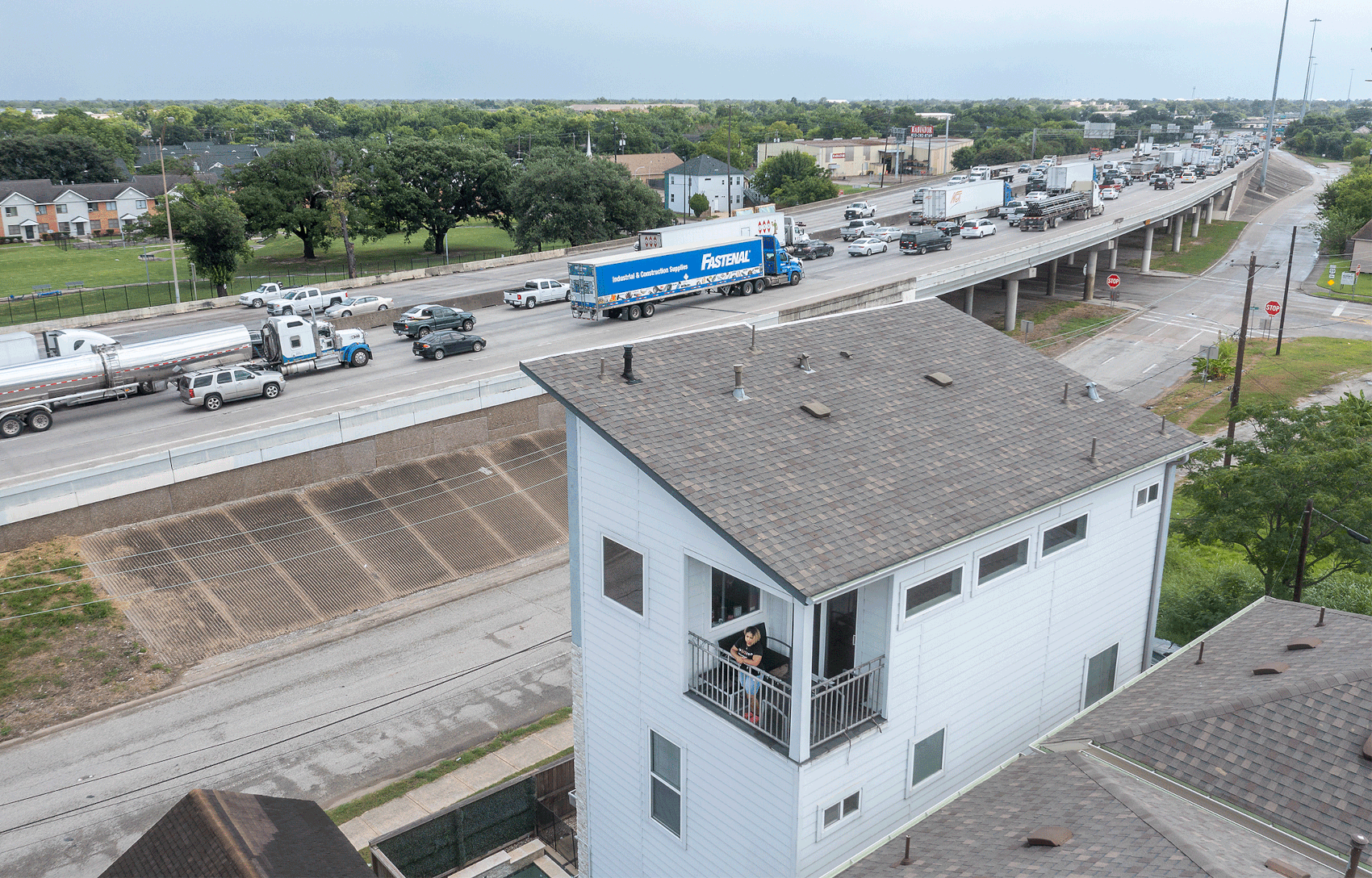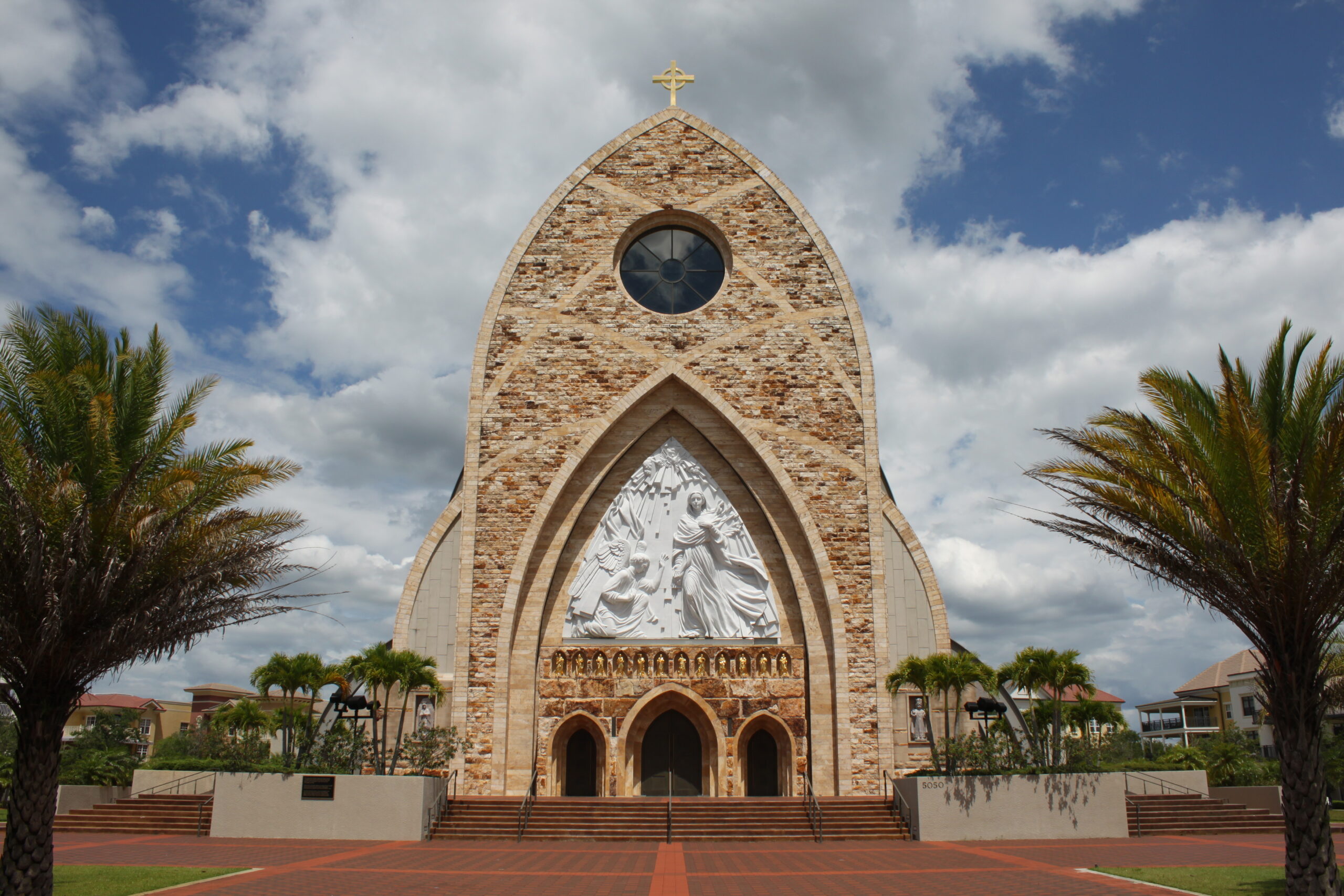My investigations reveal the structural issues underlying housing affordability problems and hold powerful people and interests accountable.

Skid Row’s troubled housing providers
Los Angeles Times, January 2023 to March 2024
Thousands of vulnerable Angelenos live in single-room occupancy hotels in Skid Row. This yearlong investigative series reported through more than a dozen stories revealed the deplorable conditions within dozens of buildings owned by two of Skid Row’s most prominent nonprofits.
The reporting examined the AIDS Healthcare Foundation, the world’s largest AIDS charity with $2 billion in annual revenue. Contrary to the foundation’s pro-tenant rhetoric and campaigns, it evicted dozens of residents and its buildings often became more dangerous after the nonprofit began operating them. The investigation extended to another nonprofit, Skid Row Housing Trust, detailing its deterioration from a national model for housing formerly homeless people to financial insolvency.
The coverage also highlighted the lack of government oversight that allowed these circumstances to emerge and persist. Stories revealed that city politicians had held six-figure consulting jobs or received major campaign donations from the nonprofits and other relevant players. In turn, the politicians stymied local investigations into building conditions and didn’t fully vet the donor they put in charge of overseeing tenants’ welfare in Skid Row Housing Trust buildings. The reporting uncovered that the donor, a receiver, had multiple prior cases where he left massive debts, overbilled and put tenants and property owners at risk of losing their homes. The Times coverage led to the receiver’s resignation.
Series page: Investigating Skid Row’s troubled housing providers
Stories: A powerful nonprofit owns apartments for poor tenants. Why are some trapped in their rooms?; Inside the financial ties between a controversial housing nonprofit and Kevin de León; Evictions, homelessness, debt: Skid Row Housing Trust receiver has checkered history; L.A. attorney admits her pick for Skid Row receiver was a fail; Inside the world’s largest AIDS charity’s troubled move into homeless housing and The end of Skid Row’s cheap hotels? L.A. leaders want to replace last-resort homeless housing

Freeways force out residents in communities of color — again
Los Angeles Times, November 11, 2021
In addition to one of the country’s greatest feats of public works, the construction of the U.S. Interstate Highway System resulted in the largest displacement of residents from cities in American history. But freeways forcing families from their homes is not a relic of the past.
In a first of its kind analysis, our investigation showed that the past three decades of highway building, widening and expansion, has displaced more than 200,000 people across the country. And, like in the heyday of interstate construction in the 1950s and ’60s, we found that some of the largest modern freeway projects disproportionately displaced residents living in Black and now Latino communities as well.
Our nationwide investigation showed that highway planners’ decisions in recent decades to widen interstates in cities — from Los Angeles, to Houston, to Tampa — drove racial inequities. In essence, the choice to expand on the racist highway architecture of the past has led to continued racially disparate outcomes. In one case, we found a Black family that was displaced by the original construction of Interstate 275 in Tampa was then forced from their new home when I-275 was expanded 40 years later.
Stories: Freeways force out residents in communities of color — again and The racist history of America’s interstate highway boom

Black and Latino renters face eviction, exclusion amid police crackdowns in California
Los Angeles Times, November 19, 2020
Nearly 2,000 cities across the United States and elsewhere have approved a collection of policies that have expanded the power of the police to decide who can and can’t live in their communities.
The municipal programs, called “crime-free housing,” empower landlords to evict or exclude tenants from their apartments based on prior convictions or new arrests.
We completed the first comprehensive examination of these policies in California and found that at least 147 cities and counties — more than a quarter of local governments in the state — have approved a crime-free housing program.
We also found that crime-free housing efforts in the state have disproportionately affected Black and Latino renters. Most of the cities with growing Black and Latino populations have adopted them and tenants of color are more likely to be evicted.
The investigation inspired a state law that banned most crime-free housing policies in California in 2023.
Stories: Black and Latino renters face eviction, exclusion amid police crackdowns in California; California lawmakers vote to ban mandatory evictions for arrested tenants and New law has Californians with criminal records ‘quite hopeful’ they’ll finally find housing

California homeowners get to pass low property taxes to their kids. It’s proved highly profitable to an elite group
Los Angeles Times, August 17, 2018
Every year, tens of thousands of heirs across California not only inherit their parents’ homes, but also their parents’ low property tax bills.
This system, unique to California, has given substantial financial advantages to some of the state’s most prominent families at a cost of billions of dollars in revenue to cities, counties and schools. This investigation was the first detailed journalistic examination of this decades-old inheritance tax break and it found that inheritors don’t need to live in their parents’ homes to receive the benefits — or even in California. We found that in Los Angeles and a dozen other coastal counties, adult children were predominantly using their parents’ properties as rentals or second homes. The story highlighted high-profile heirs who had taken advantage of the tax break, including actor Jeff Bridges and his siblings who were renting their inherited Malibu beach house for a monthly amount more than twice their annual property tax bill.
The story prompted new scrutiny of the tax break, which commentators soon dubbed “The Lebowski Loophole” after Jeff Bridges’ famous acting role. Two years after the investigation published, California voters approved a state ballot measure that eliminated the benefit for heirs who planned to rent out their parents’ homes.
Stories: California homeowners get to pass low property taxes to their kids. It’s proved highly profitable to an elite group and California voters approve Prop. 19, giving new property tax breaks to older homeowners

Ave Maria: A Town Without a Vote
Naples Daily News, May 10-12, 2009
This three-part investigative series examined the town government of Ave Maria, a community in Southwest Florida. The series revealed that Ave Maria’s developers, including the billionaire founder of Domino’s Pizza, wrote and lobbied for a state law that allowed them to control the government forever. The developers’ power, which had never been reported previously, so departed from prior Florida development law that it might be unconstitutional.
Stories: Ave Maria — A Town Without a Vote: Now and forever; Ave Maria — A Town Without a Vote: Taxation without representation?; Ave Maria — A Town Without a Vote: Residents’ control hinges on trust